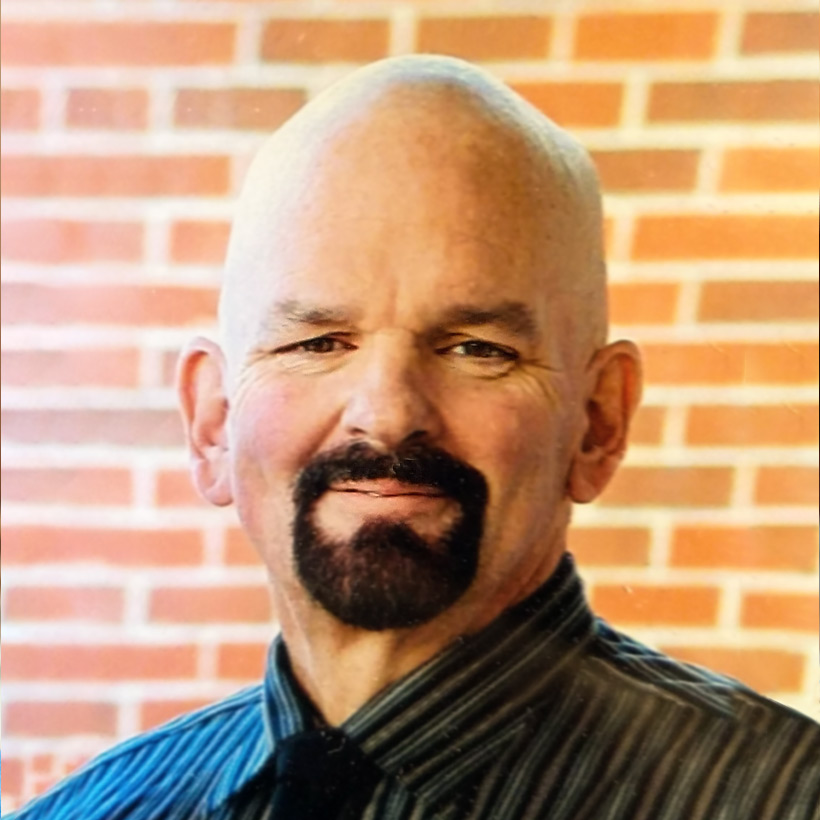

At City of Hope, we understand that treatment for liver cancer should depend as much on the patient’s personal preferences as on the type and stage of the disease.
For this reason, your multidisciplinary team works with you, and one another, to develop a comprehensive treatment plan that’s personalized to your individual needs, preferences and goals. Treatments for liver cancer may involve minimally invasive gastroenterology (GI) techniques, surgery, chemotherapy and/or interventional radiology. At City of Hope, we combine these conventional treatments with supportive care services, including nutritional support and pain management. It’s all part of our commitment to putting patients at the center of their care.
Cancer Treatment Centers of America® (CTCA) is now City of Hope®, joining forces to expand patient access to personalized, comprehensive cancer care.
Cancers of the genitourinary tract are such an important focus at City of Hope that we developed GI Cancer Centers at each of our hospitals. This singular focus on one disease means diagnosing and treating liver cancers and other diseases of the GI tract cancer are closely coordinated, with the various members of your multidisciplinary team consulting one another in real time. Our collaborative care team works with you to deliver quality clinical care with a patient-centered approach. For example, because many liver cancer patients experience difficulty with digestive function due to the digestive tract’s role in processing food and waste, each GI Cancer Center is staffed by oncology-trained dietitians who work with patients in developing a healthy, balanced and appetizing nutrition
Your liver cancer care team works all under one roof. That means you have access to state-of-the-art cancer treatments and supportive care services, all in one location. Your care team is led by a gastroenterologist, your treatment plan is coordinated by a care manager dedicated to orchestrating your schedule, communicating with the rest of your care team, getting your questions answered and helping you access your test results in a timely manner. Your care team may also include a medical, surgical and/or radiation oncologist, oncology nurses and a variety of supportive care providers.
Learn more about our approach to cancer care
Our doctors work with supportive care providers to deliver evidence-informed therapies designed to address the symptoms of your disease and the side effects of treatment. That’s what supportive care is about: keeping you strong so you can better tolerate your treatments and maintain your quality of life. Our supportive care services include nutritional support to help you develop a diet plan to help stay nourished, while pain management physicians offer medication and non-medicinal approaches to help you keep your pain in check. And our spiritual support and behavioral health providers help support your mental and emotional health before, during and after your treatment.
Learn more about supportive care at City of Hope

“At City of Hope, the multidisciplinary team approach is the norm, and not the exception. All the physicians and clinicians meet on a regular basis to discuss the best treatment plan for each patient.”
Clinical trials are critical tools researchers and doctors use to determine the safety and effectiveness of new drugs and therapies. At City of Hope, we’re committed to offering our patients innovative and new cancer treatments, including access to clinical trials when appropriate. These trials may provide therapies that are not yet widely available to qualified patients who have exhausted conventional treatment options or whose cancer is advanced or difficult to treat. Our cancer doctors and researchers will work with you to determine whether you qualify for a trial and, if so, help you enroll.
Learn more about clinical trials at City of Hope
My doctor at City of Hope said to me, ‘You have cancer, and it is bad. But together, we can formulate a plan. I want to help you fight the cancer, and I want you to have hope.’ The nurse held my hand, and I knew in that moment that I wanted to get treatment at City of Hope."
